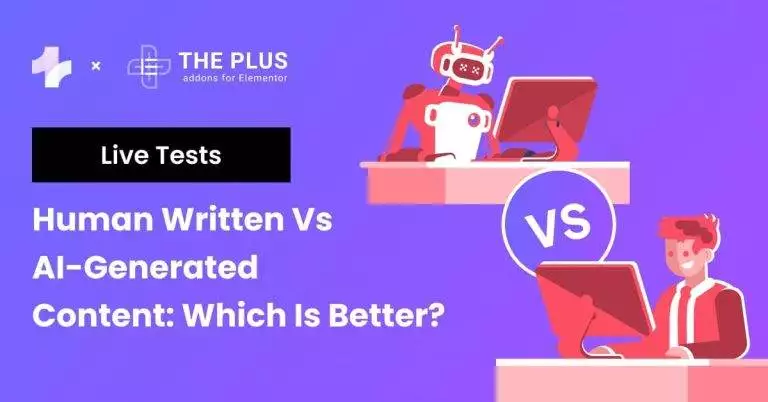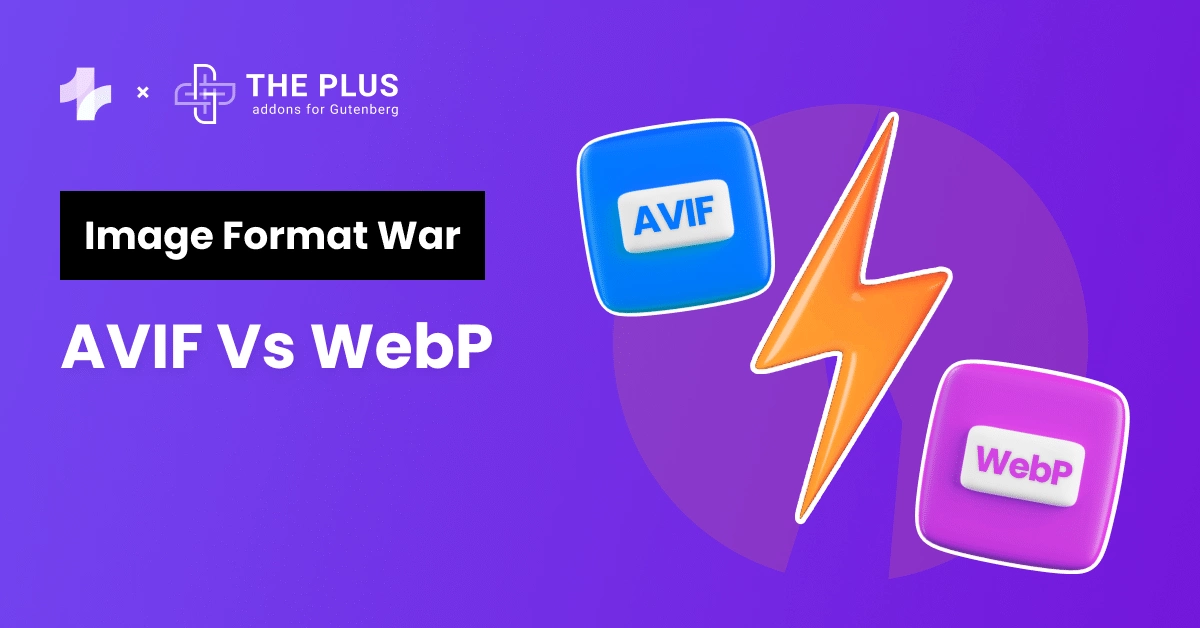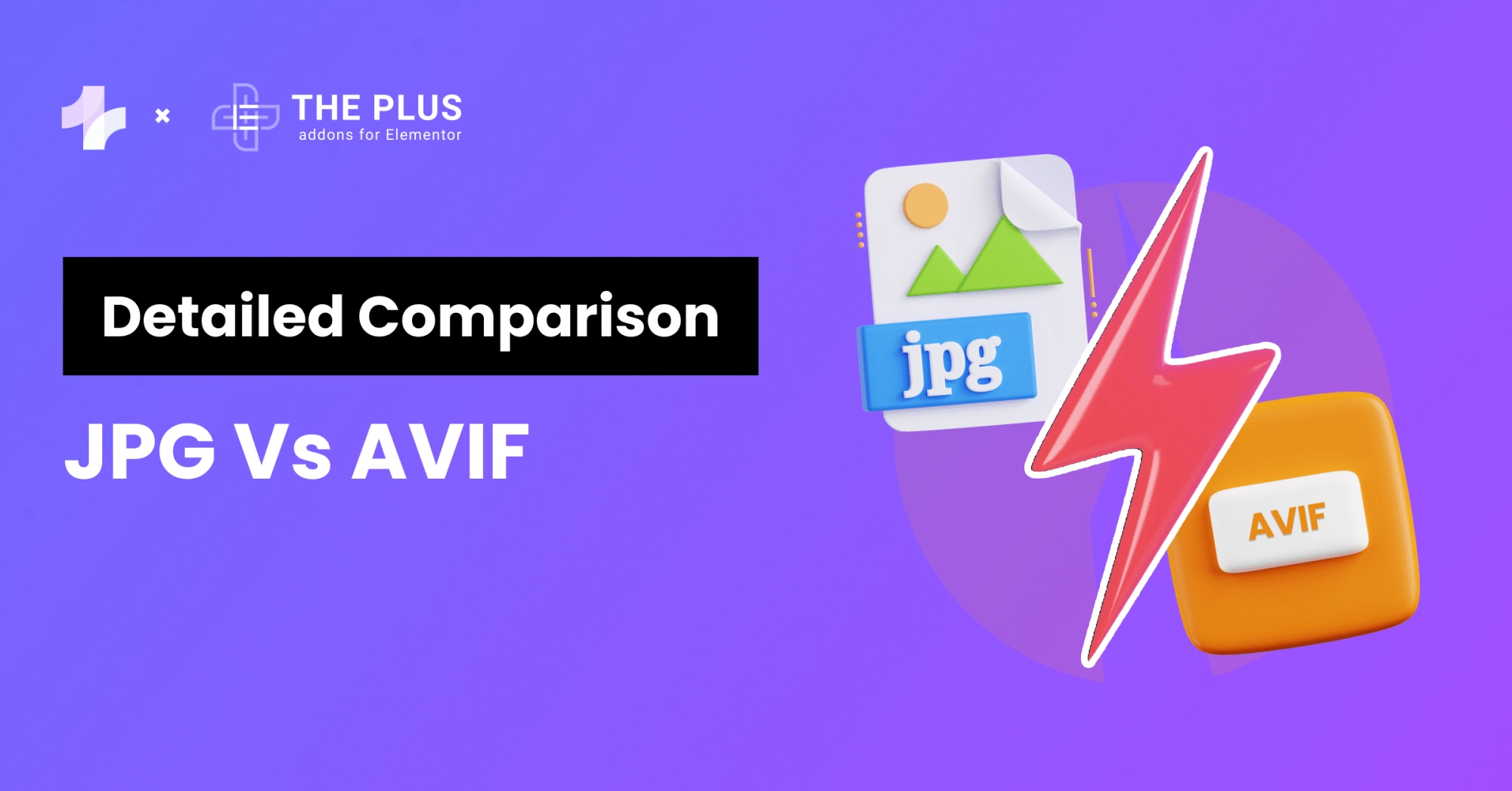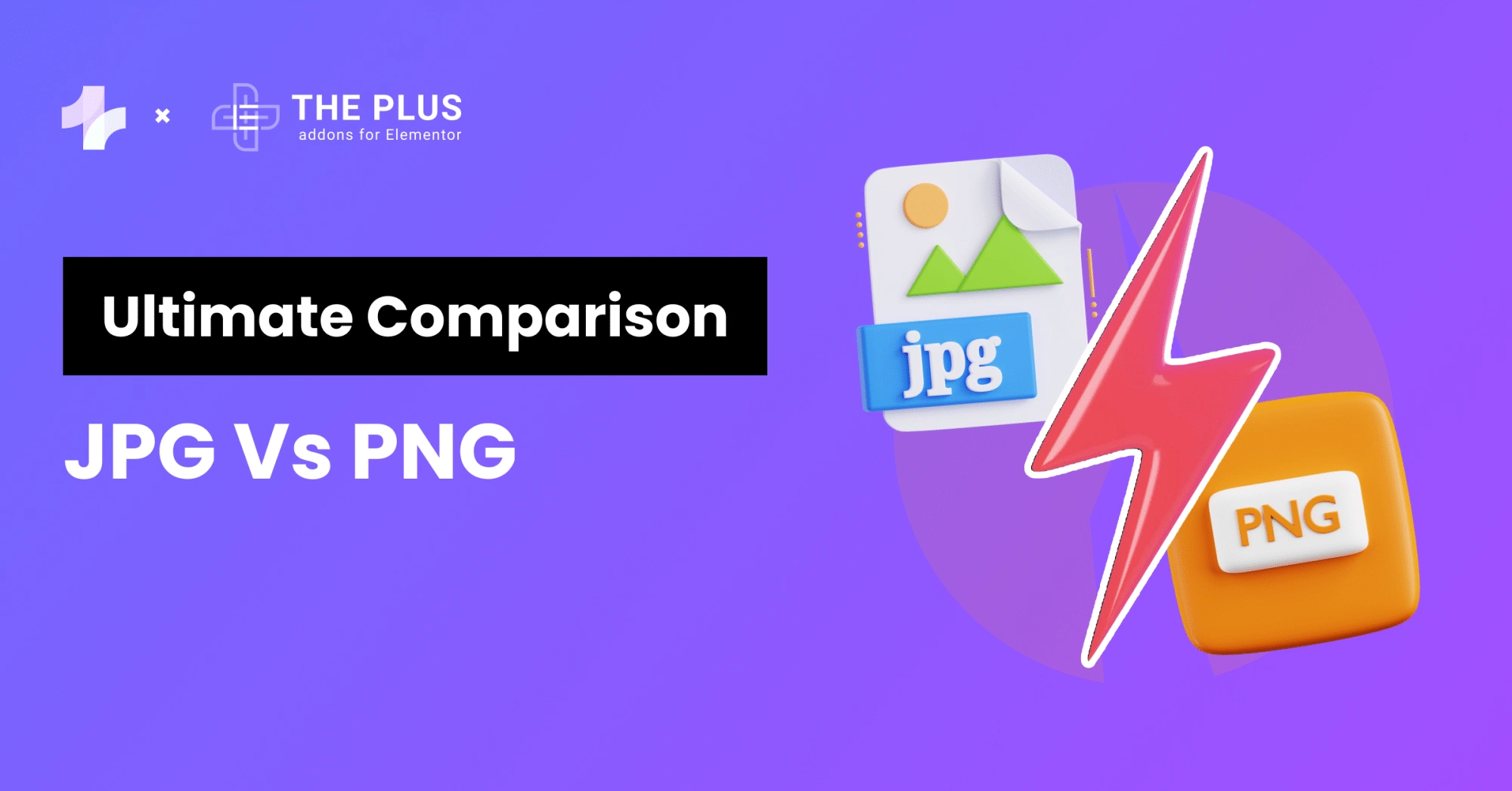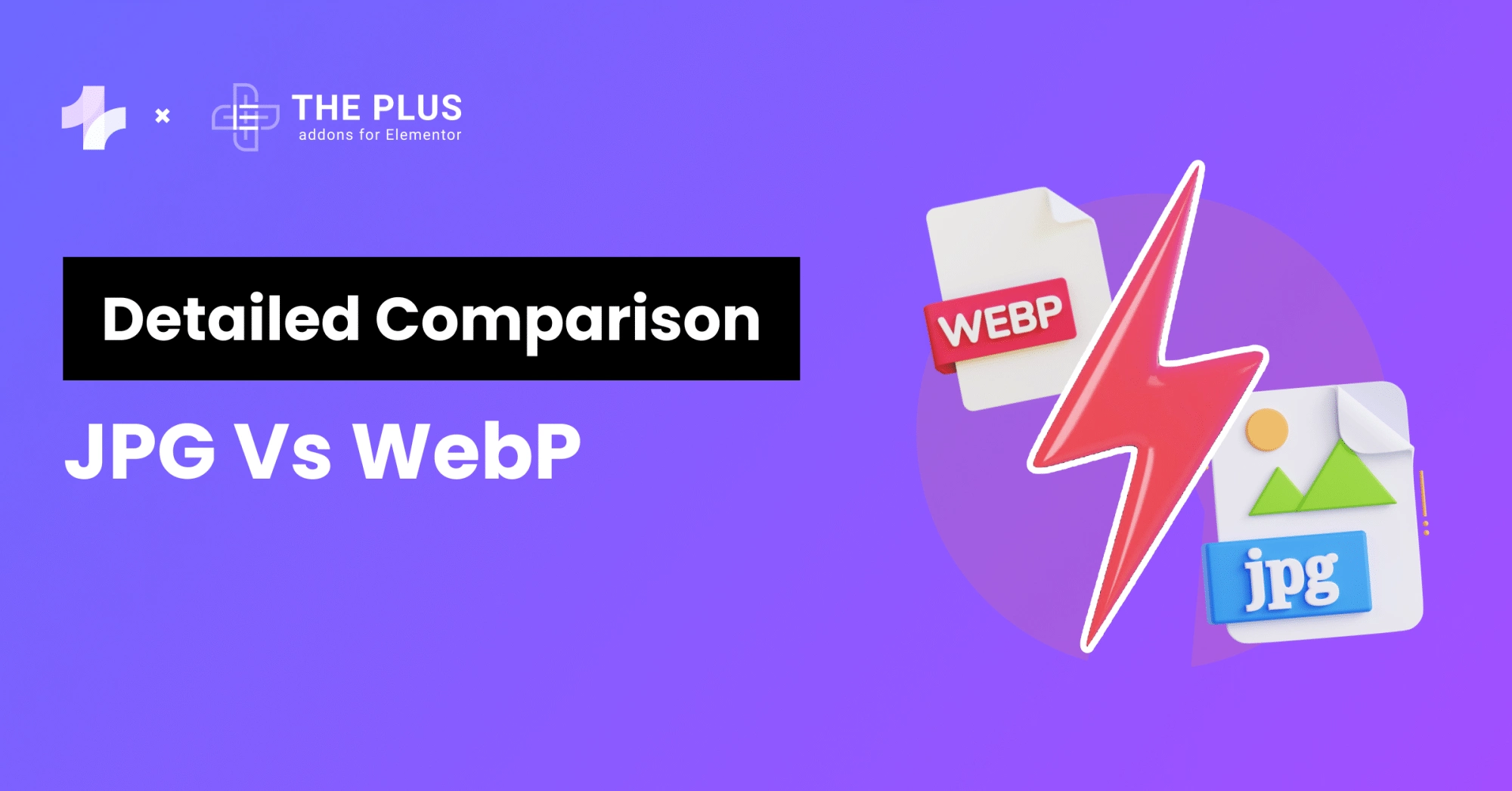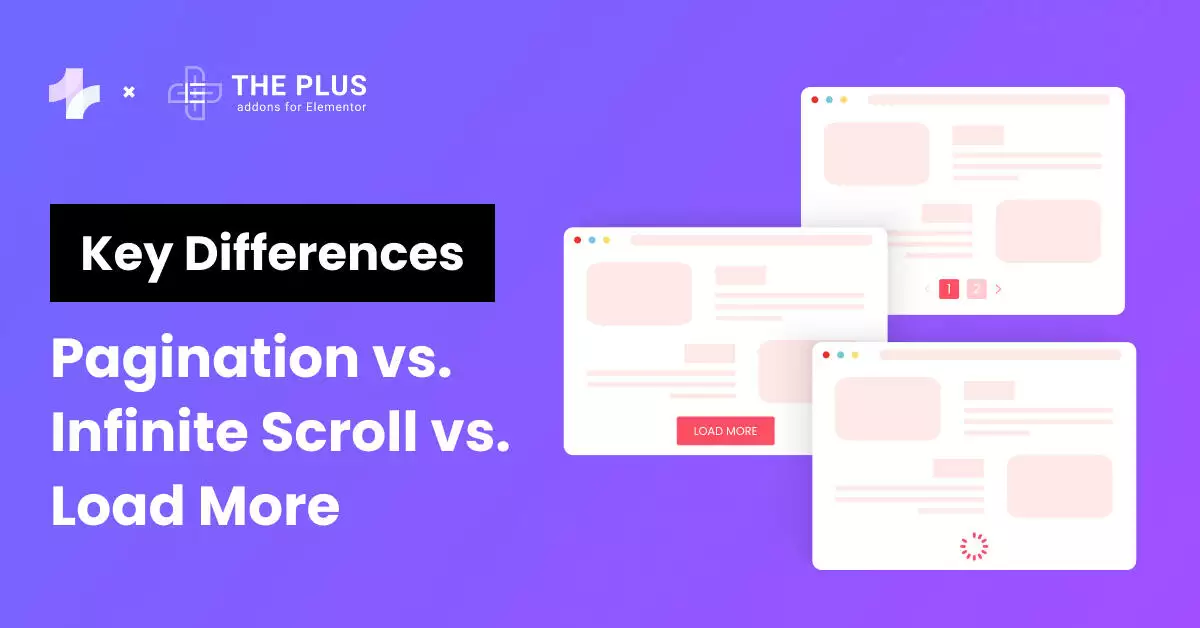“A.I. is the most profound technology humanity is working on—more profound than fire, electricity, or anything that we’ve done in the past.”
– Sundar Pichai, CEO of Alphabet Inc.
Is AI taking over marketing like every other industry? With the market for AI in marketing expected to reach $107.5 billion by 2028, we’re asking this question repeatedly.
When it comes to content and marketing, AI is evolving at a lightning pace. For starters, who isn’t familiar with the game-changer ChatGPT – an AI tool that can compose music, write codes, answer your questions, and create amazing content?
Then there’s Dall-E, another deep learning model by OpenAI that can generate realistic images from natural language descriptions.
These are just two examples from the long line of AI marketing tools launched every other day. But with every launch, how we produce and consume content also changes.
This begs the question: Is AI-generated content better or human written content?
This debate is now months old and still creating a lot of buzz in the marketing industry. Do you know why? Because it’s the wrong question to ask.
No doubt, AI delivers. In some cases, AI content generation can be surprisingly better and quicker than what average human writers can achieve.
But different marketing content serves different functions. So, which one of these is really effective for SEO and marketing?
Before we dive into a detailed comparison of human generated content vs AI-generated content, let’s first understand Google’s POV on the matter.
What Does Google Say About AI-Generated Content?
One of the most common questions or concerns is how Google evaluates AI content. The key idea behind Google’s E-E-A-T ranking system is to reward high-quality, authoritative, and helpful content that effectively answers the user’s query.
This means Google doesn’t care how you generate that content – as long as it is within the E-E-A-T guidelines, your AI-generated content will not be penalized.
This is what Google’s official guidelines on AI-generated content say-
“As explained, however, content is produced; those seeking success in Google Search should be looking to produce original, high-quality, people-first content demonstrating qualities E-E-A-T.”
Many companies today are cleverly using AI-generated content to drive website traffic and SEO rankings. One such example is Bankrate.
The website leverages AI to generate a lot of its content and has enjoyed higher keyword rankings. In fact, they mention this clearly at the end of each article:

And even with AI content, Bankrate consistently ranks higher on Google searches.
Can AI Content Rank Well on Google?
In a nutshell, yes. If the content is people-first, original, and follows E-E-A-T guidelines, it can rank well. To quote Google once more –
“Using AI doesn’t give content any special gains. It’s just content. If it is useful, helpful, original, and satisfies aspects of E-E-A-T, it might do well in Search. If it doesn’t, it might not.”
Again, let’s take Bankrate’s example once again. One of the reasons for its success is its high domain authority of 90+. Over the years, Bankrate has established itself as the go-to source of reliable information.
So, Google trusts its content. But then, Bankrate also follows Google’s policy on helpful content, which could be another reason for its high rankings.
In short, as long as you deliver what the audience wants, you have a fair chance of ranking higher on Google, even with AI-produced content.
Still confused about whether you should use AI for blog content writing or not? Check out our detailed blog post: Should you write blog content with AI? It includes pros, cons, and more to answer all your queries.
How Does AI Measure Up Against a Human Writer?
Recently, Capterra surveyed 185 SMB marketers that are already leveraging AI tools for content, copywriting, or advertising. And guess what? Of those surveyed, 82% of marketers say AI content is as good as human-generated content!
AI content generators are undoubtedly capable of producing high-quality content. If you enter the right prompt, you might even get an edge in creating error-free drafts with sound language and grammar (better than humans at times), and you won’t be able to tell the difference.
For perspective, Surfer’s CPO ran a series of experiments using the AI content detection tool Originality.AI to understand if human written content can be incorrectly marked as AI-generated.
And the results were surprising, to say the least. With an 80% human originality score, every 1 in 5 human written articles was flagged as AI content.
That’s how blurry the lines are between AI and human-generated content. But when it comes to creating content that engages the reader, humans have the upper hand in writing content that delivers the right intent, tone, and voice specific to the reader. Unlike AI tools, they have the creative and imaginative skills to build compelling narratives.
As Rachel Woods, former Facebook research data scientist, puts it –
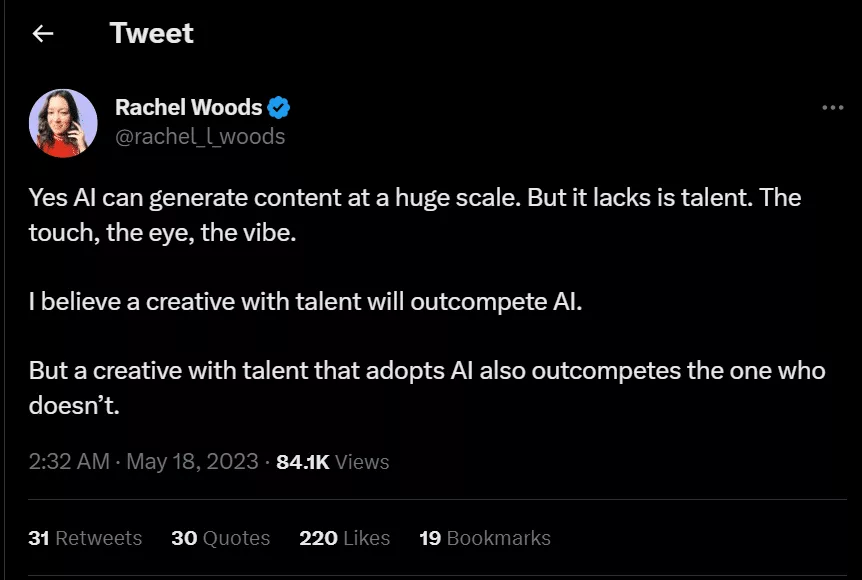
Now, let’s get back to the initial question – can AI compete with human generated content? Here we get into a quick comparison to understand.
AI-Generated Content vs Human Written Content – A Quick Comparison
1. AI-Generated Content vs Human Written Content: Quality
Today’s AI tools are advanced enough to generate the highest quality content. If you think about it, the biggest concern with using AI content is whether it will rank well and attract the traffic you want.
But with Google’s acceptance of AI content and AI’s ability to create human-like content, that should be the least of your worries.
We now know that AI content can not only have the highest quality but can also get a good rank on the SERPs. This clearly means AI tools like ChatGPT are pretty good at understanding sentence structures, tone, and style to create quality responses, just like humans. From blogs to emails and social media posts, AI can do it all.
Of course, AI often lacks the nuance to create engaging content and is only as good as the user’s instruction. But human-written content isn’t always perfect, either.
Whether human or AI, you still need to verify the accuracy of the information or edit the copy to maintain consistent quality in both cases.
So, really, is there a correct answer to who generates more quality content – AI or humans? Probably not. At least not yet.
2. AI-Generated Content vs Human Written Content: Scalability
As opposed to human writers whose productivity can take a hit from one day to another, AI tools can scale your content generation efforts more efficiently.
AI also doesn’t tire out or is vulnerable to the infamous writer’s block; it doesn’t need to wait for the inspiration to strike. And you know how important consistency is if you want to scale your content marketing efforts.
ClickUp, a product management and team communication tool, is one example of a brand that used the AI tool SurferSEO to scale its content creation and publication.
In just 12 months, ClickUp published 150+ articles and managed to boost their organic website traffic by a whopping 85%!
On the other side, while human writers are relatively slower, they’re still the ones defining content strategy, building editorial calendars, and reviewing the content before publishing. It’s still a human behind the scenes.
3. AI-Generated Content vs Human Written Content: Cost
Cost is another factor that makes AI technology highly attractive for content creation. With the potential to create well-written content much faster than humans, it can significantly reduce the costs of hiring content writers as you only pay the monthly subscription for the AI tool.
The hiring process can be tedious and costly – from posting jobs to screening candidates and evaluating their skills. And obviously, you’ll need to hire more writers as you grow and scale your content efforts. All these costs can easily be reduced with an AI writer.
4. AI-Generated Content vs Human Written Content: Creativity
Creativity drives content creation, making content more engaging, compelling, and fun to read. And humans have a better hold on this than our AI counterparts.
They have the right skills to understand the intent behind a written piece, establish connections between ideas, and have the emotional intelligence to spin a story to truly resonate with the reader.
Further, AI tools cannot weave personal narratives and experiences into the written word. It doesn’t go beyond hard facts.
AI tools like ChatGPT are meant to follow programmed structures to generate text. As a result, it lacks the common sense and nuances of human creativity and behavior.
That said, you cannot deny that the idea of AI tools like ChatGPT rhyming like Snoop Dogg and replicating writing styles makes you wonder if it’s really as unimaginative as we think.
5. AI-Generated Content vs Human Written Content: Originality and Authenticity
One major drawback of AI-generated content is its lack of originality. Since AI tools are trained to work with existing data to generate content, they can’t form original ideas.
The AI generator strings together the facts available online rephrases them, and generates content that is far from unique.
Additionally, the output lacks a fresh perspective, may not accurately capture the unique brand voice and value, and lacks a personality.
Of course, AI tools are perfect for creating content that ranks, but in the long run, only a human voice can help you establish trust among the readers and boost online traffic.
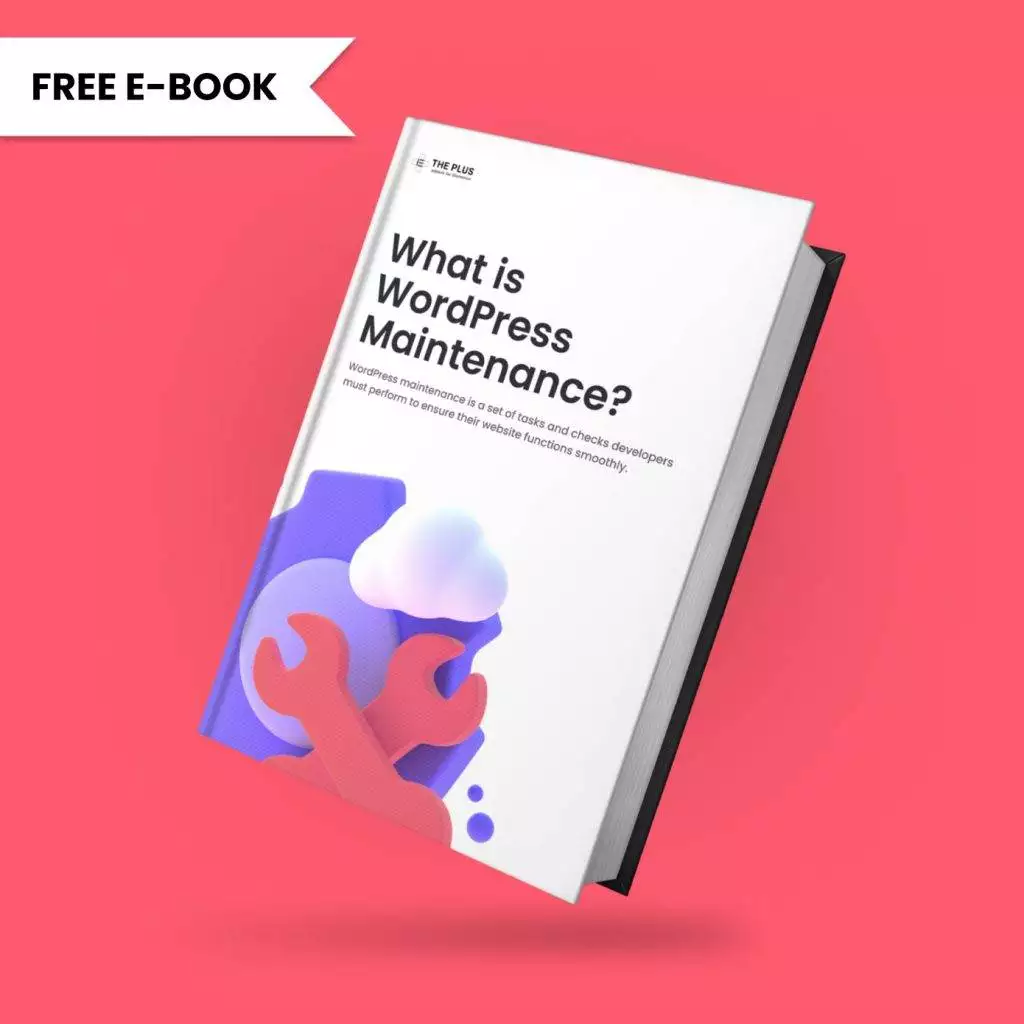
Do you Manage WordPress Websites? Download Our FREE E-Book of 20+ Checklist for WordPress Site Maintenance.
What is the Future of AI Content Creation?
Let’s face it. AI is our new reality, and when leveraged efficiently, AI brings a lot of value to fill in the gaps where human writers may fall short.
Of course, AI tools cannot completely replace the emotional intelligence of a human writer in creating relevant content. Still, they can assist writers in enhancing the value and quality of their copy.
While it may not be the best choice for research, you can still utilize it to brainstorm content ideas, write short descriptions, build content outlines, or proofread content.
In short, even when AI might not have the expertise or the personality for all types of content, it can still help writers plan and improve their content efficiently.
Wrapping Up
That sums up our take on AI content vs human content. There’s no denying that the future of AI in content looks promising. It can be a valuable tool for businesses to save time, effort, and costs involved in content creation.
When used right, AI tools can help optimize your content for SEO and improve rankings with valuable content.
As a result, it will not be fair to compare AI and human written content for SEO and marketing. Where one fails, the other steps in to fill in the gaps and produce the best results.
So, there’s only one way forward- to combine human expertise with AI assistance to boost content efforts.
What Next? Read More AI Related Articles Here
- Best Artificial Intelligence WordPress Plugins + Free Tools
- 5 Best AI Blog Content Writing Tools for WordPress
- How to Use Elementor AI? Review, Cost & Other Answers
- 5 Best WordPress SEO Plugins using AI
- Best 6 WordPress ChatGPT Plugins
- How to Generate AI Images in WordPress
- 5 Best AI-Generated Website Builders
- Should You Write Blog Content with AI
